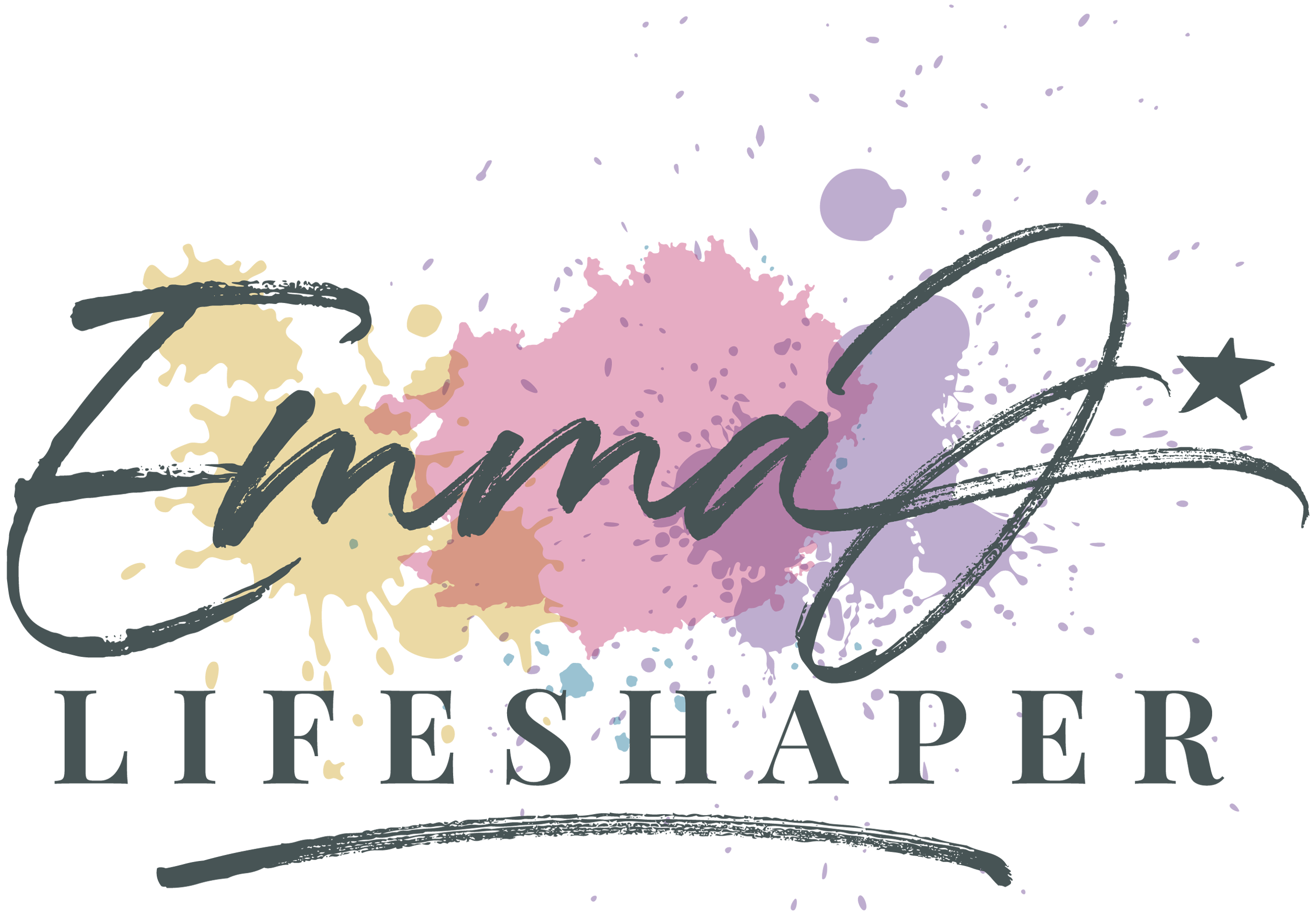Hi all
As I said in Monday’s email, I want to cover Digestive Health this week and help you guys get some tips and advice on your complaints
I have been in contact with a mentor of mine, and have re-read her book, to pass her info onto you guys, as this is not my area of expertise
Gluten
I have immersed myself into a fantastic book, by a wonderful woman, I have been very lucky enough to have got to know, and spent time with at events over the past few years, learning from her wealth of knowledge about the Gut and Digestive Health, so I have included a lot of information from her book in this blog to help you guys know more about Gluten and its effects on the body
I highly recommend this book guys, especially if you are someone who suffers with any form of digestive complaint, and follow Jillian on social media, she really is incredibly knowledgeable, very supportive and always happy to give advice.
Hope this helps you
Gluten is the name of protein found in wheat. It helps foods hold their shape and sticks them together.
The gluten molecule is much different to what it was 50 years ago, and actually has more of a negative impact on our health now compared to back then too
The past few decades has seen a change in gluten molecule structures, to increase the protein content, in an attempt to make it more nutritious
However, it was not taking into consideration with these changes, the extent of the molecular change to the gluten from it’s natural form. The size difference, means it’s harder for the body to break down.
The effect of these larger molecules when hitting the small intestine can be gas, bloating and dysfunctional immune response
A lot of wheat gluten based products contain other compounds that also have a negative effect on health
Wheat for instance contains amylopectin, which is extremely inflammatory and provocative to the immune system
Gluten also causes a rise in blood sugar, insulin resistance and contributes to obesity
With it’s drug like qualities, gluten has the same addictive affect as heroin and morphine
Gluten intolerance is now very common and the effects on people’s bodies and health can be huge
A gluten intolerance is the body’s inability to digest or break down the gluten protein found in wheat and certain other grains.
Gluten intolerance (also known as a gluten sensitivity) can range from a mild sensitivity to gluten to full-blown celiac disease
Celiac disease is a genetic autoimmune condition, where the immune system destroys the lining of the small intestine when exposed to gluten
This sets off an array of effects within the body, one of which is malnutrition, which leads to anaemia, osteopenia, infertility, bruising, dental defects, fatigue and brain fog
Gluten sensitivity, can cause many other symptoms like anxiety, irritability, emotional changes, headaches, migraines, skin conditions too, like acne, eczema and psoriasis
Gluten is a major cause of inflammation, and inflammation is proven to play a huge part in Alzheimer’s
Gluten sensitivity has also been linked to autoimmune conditions, such as rheumatoid arthritis, lupus, MS, IBD and Hashimoto’s thyroiditis, in which the immune system attacks the body’s tissues and cells
Gluten can also trigger leaky gut, as well as impacting joints, thyroid disease, and a range of gastrointestinal complaints, such as IBS, IBD, colitis, constipation, diarrhoea, and lots more.
So what foods contain Gluten?
Pastas, breads, crackers, seasonings and spice mixes
Wheat is one of the main foods in today’s western diet and is public enemy No. 1 for those with a gluten intolerance.
In addition to pure wheat, there are many other forms that will have a negative effect:
wheat starch, wheat bran, wheat germ, couscous, cracked wheat, durum, semolina, spelt
The list of gluten-containing grains doesn’t end at wheat. Other offenders are:
Barley, bulgur, oats (oats themselves don’t contain gluten, but are often processed in facilities that produce gluten-containing grains and may be contaminated) Rye
Gluten may also show up as an ingredient in:
barley malt, chicken broth, malt vinegar, some salad dressings, veggie burgers (if not specified gluten-free), soy sauce, seasonings and spice mixes, soba noodles, some condiments
However, please don’t panic, because these lists seem long, there are also plenty of good foods that are gluten free, such as
fruits and vegetables, beans, seeds, legumes, nuts, potatoes, eggs, dairy products, oils and vinegars, corn, rice, fish, lean beef, chicken, seafood
Many other grains and foods are gluten-free too
Buckwheat, quinoa, rice, soy, tapioca
Going gluten-free may seem a huge task initially, but once you get into a habit of choosing these items, it will become part and parcel of your lifestyle.
First step is to get rid of all the gluten products in your kitchen and stock up with alternatives such as gluten-free breads, pasta, crackers, and cereals.
For baking, use substitute flours like
Buckwheat, corn, rice, quinoa, chickpea
You will also need xanthan gum or guar gum as a substitute for gluten when baking.
Stick to unprocessed, fresh, whole foods to naturally stay gluten-free
So as I said, if you suffer, then this book is a MUST buy for you, we all forget processes from time to time, so having it there, to refer back to when you need it will be perfect
Even though I have sat at seminars with Dr Jillian, I had never had a problem so clearly didn’t absorb the information as I could have, so now slowly working my way through her book again, is helping me a lot
You can order the book HERE
https://www.amazon.co.uk/Natural-Solutions-Digestive-Health-Jillian/dp/1454910313/ref=sr_1_2?ie=UTF8&qid=1497453795&sr=8-2&keywords=natural+solutions+for+digestive+health
Keep fit, happy and healthy. Invest in yourself, remember health is wealth
Emma xx

